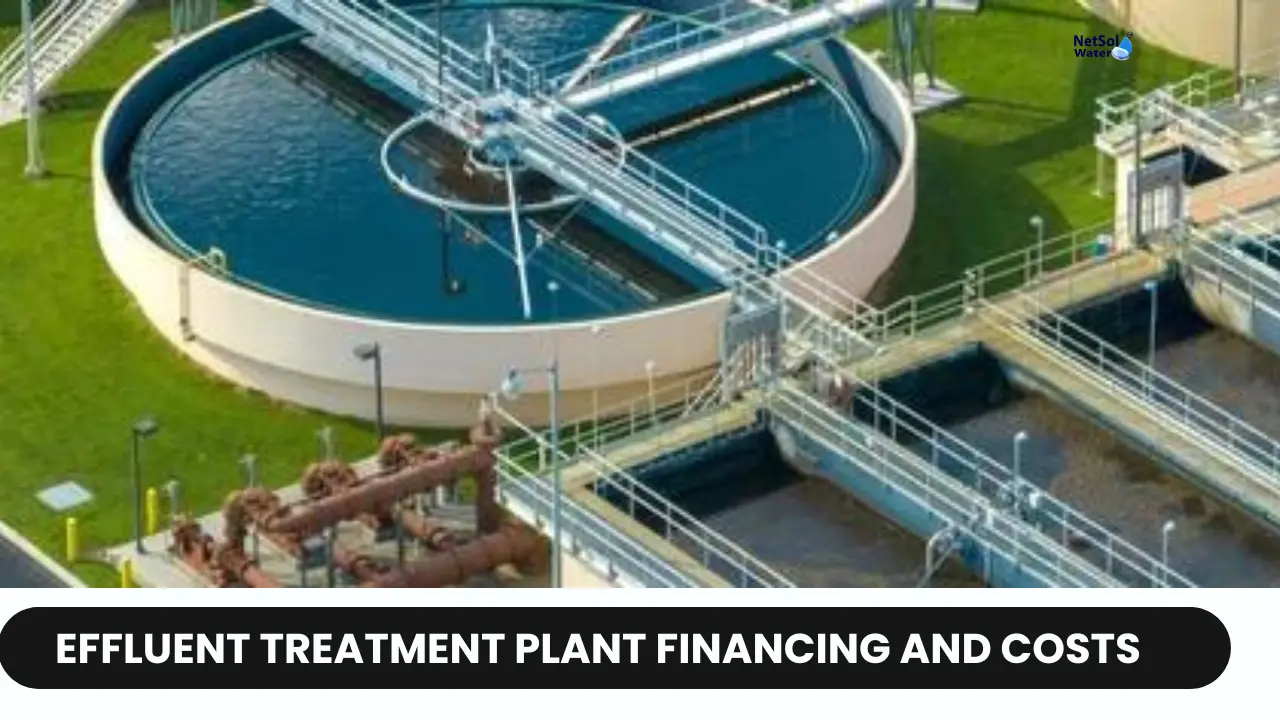Installing and operating an industrial effluent treatment plant involves significant capital and recurring expenditures. As environmental regulations tighten, companies are obligated to make these investments to treat process water discharges. However, funding such projects can be complex and challenging. From securing capital and estimating operating costs to evaluating financing options - numerous financial aspects warrant careful consideration. Overlooking any of these can derail effluent treatment initiatives, both economically and legally.
Although effluent treatment plants come with a high price tag, the long-term benefits of properly treating industrial wastewater make them a worthwhile investment. In addition to meeting environmental regulations, suitable treatment protects local water sources and ecosystems while allowing for potential water reuse and recycling. For manufacturing operations that generate industrial effluent, installing the proper treatment capabilities is simply the cost of doing business responsibly.
Let's know about the key cost components involved in effluent treatment plants (ETPs).
Capital Costs for ETP Projects
The upfront costs for greenfield ETP construction or existing plant upgrades comprise:
Land and Civil Works
Acquiring land parcels, site preparation, construction of tanks, clarifiers, basins and support infrastructure.
Treatment Equipment
Core process equipment like screening systems, aeration blowers/diffusers, clarifiers, sludge handling equipment, pumps, chemical dosing systems and more.
Electrical and Instrumentation
Transformers, switch gears, control panels, PLCs, online monitoring sensors and SCADA/DCS systems for process automation.
Auxiliary Facilities
Infrastructure like administrative buildings, chemical storage areas, and residual handling/disposal systems.
Engineering and Procurement
Design engineering consultancy fees, equipment procurement, construction management and commissioning support.
Operating Expenses
Estimating ongoing operating and maintenance costs over the plant's lifecycle is crucial:
Energy Consumption
Powering aeration blowers, pumps, agitators, dewatering systems, lighting and instrumentation can be highly energy-intensive.
Chemical Consumables
Coagulants, flocculants, pH adjusters, disinfectants and cleaning chemicals can form a major recurring expense.
Labor and Maintenance
Costs for skilled round-the-clock operators, maintenance technicians, and managing effluents/residuals responsibly.
Asset Repairs and Replacements
Funds need to be allocated for periodic overhauls, equipment replacements, and any future capacity expansions.
Financing Approaches
Given the significant capital outlays, companies evaluate various options for funding ETP projects:
Equity Financing
Self-funding from retained earnings is possible for larger corporations with healthy cash reserves and robust balance sheets.
Debt Financing
Borrowing capital through bank loans, corporate bonds or other debt instruments by leveraging assets as collateral is common.
Public-Private Partnerships
Collaborating with government/municipal bodies who co-invest and operate the ETP as a service utility model.
ESG/Green Financing
Accessing loans, funds or tax incentives from institutions promoting sustainable, environmentally compliant industrial projects.
Conclusion
With an increasing global focus on industrial sustainability, effluent treatment has become a necessary expenditure. For projects to be economically viable, companies must carefully evaluate construction and operating costs over the plant's lifecycle. Strategic financing approaches that align with corporate risk appetites and financing capabilities allow for deploying efficient effluent treatment without excessive financial burden. As solutions become more decentralised and modular, innovative financing models will emerge. Overall, a collaborative approach between industry, financiers, and technology providers is key for efficient treatment projects to be bankable while delivering long-term environmental compliance.
To explore customised Commercial RO plants, Industrial RO plants, ETP or STP solutions for your needs in your areas and nearby regions, contact Netsol Water at:
Phone: +91-965-060-8473
Email: enquiry@netsolwater.com



